MSc in Clinical Embryology and Pre-implantation Genetics
The MSc in Clinical Embryology & Pre-implantation Genetics is a specialized program designed for professionals seeking expertise in assisted reproductive technology (ART) and genetic screening
500+
Real IVF Clinical Exposure
Through its collaboration with Mysuru Fertility Centre, a leading IVF clinic incorporating advanced Singaporean technologies like Time-Lapse Embryo Culture, students gain direct experience in clinical settings. They perform and monitor fertilization, vitrify embryos, conduct ICSI, and even carry out embryo biopsies on embryos they’ve created—offering unmatched confidence and competence.
ASPIER Advantage
Graduates emerge as confident, capable, and job-ready embryologists with practical expertise unmatched by any other program. ASPIER’s commitment to innovation, academic excellence, and student success makes it the preferred destination for aspiring embryologists across the globe.
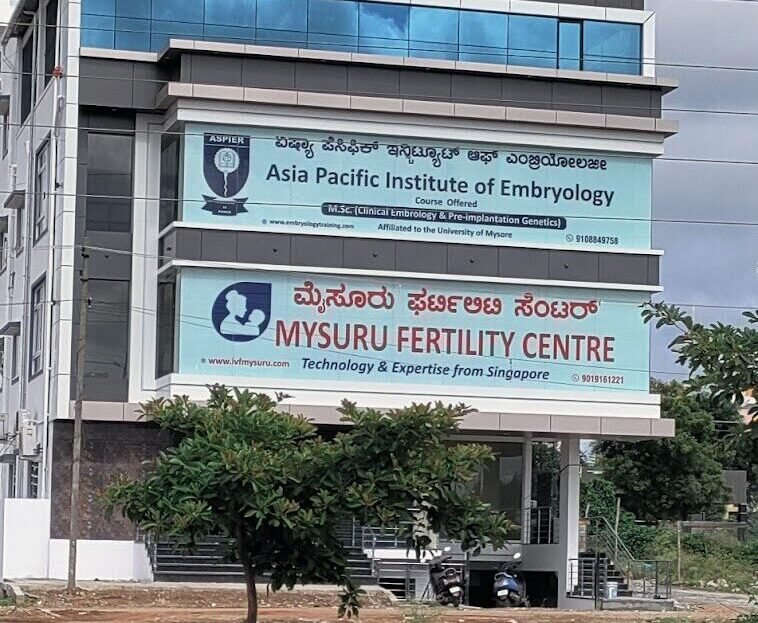
Trained at a leading college with a focus on Embryology and ART Techniques
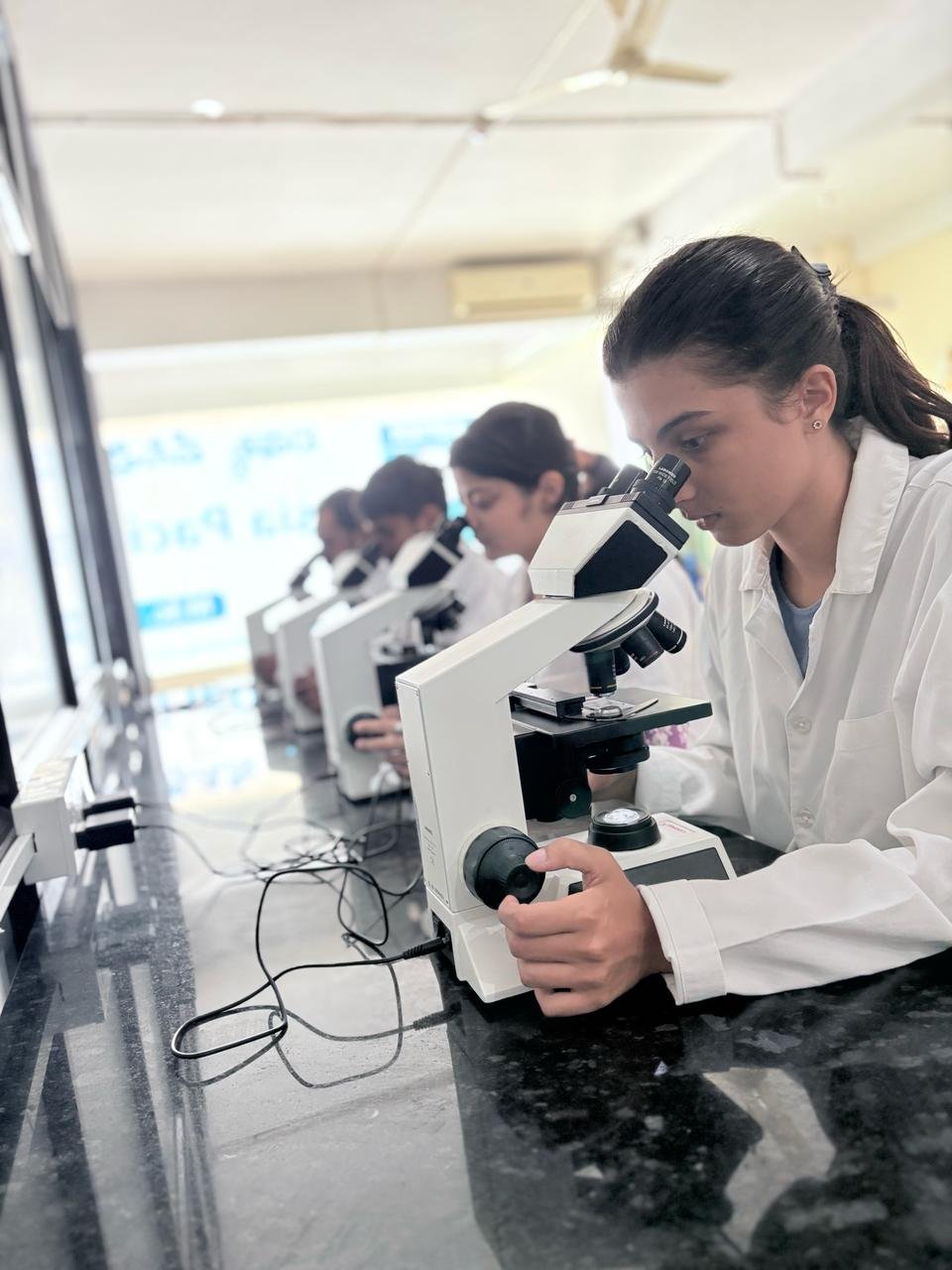

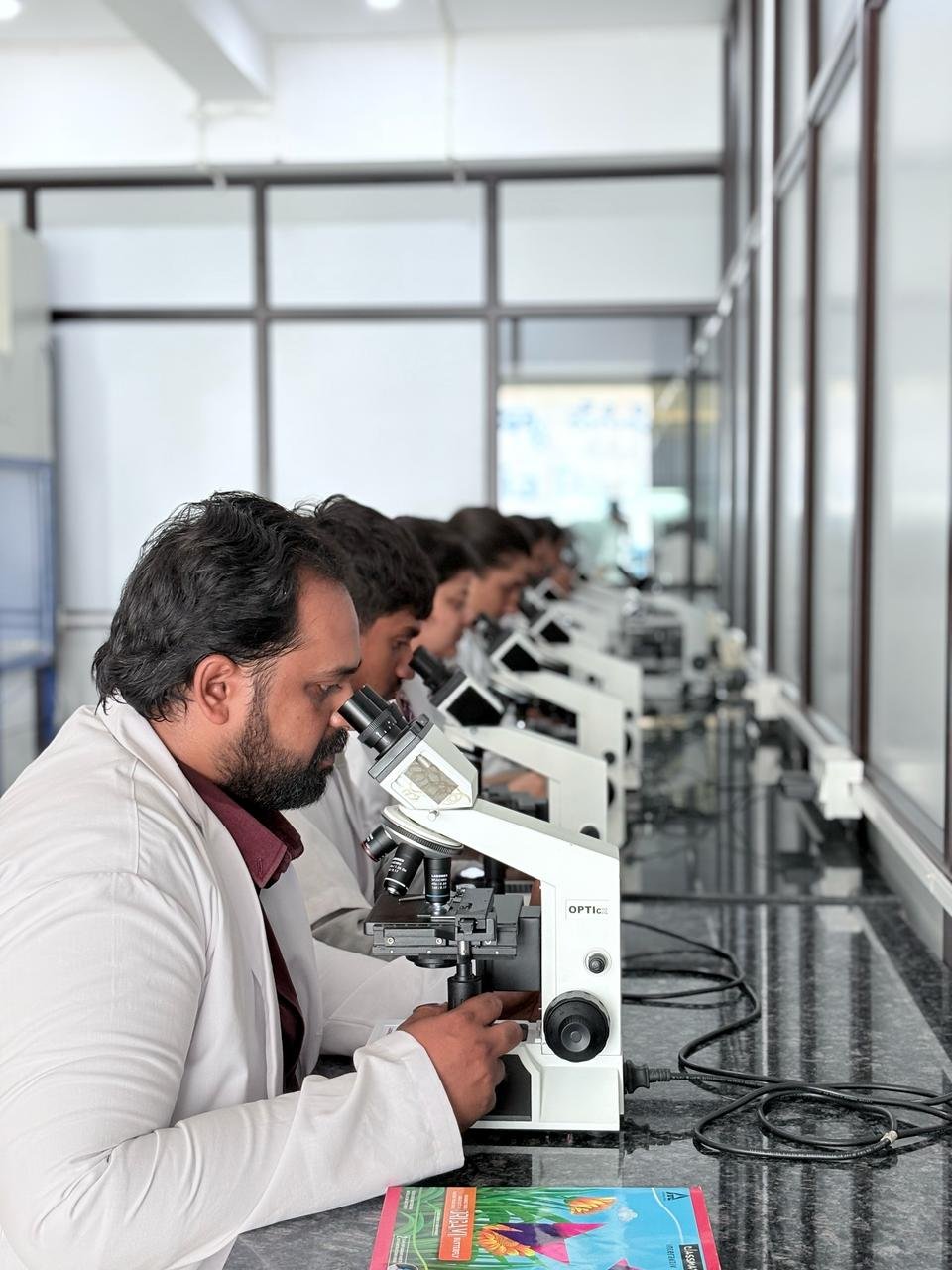

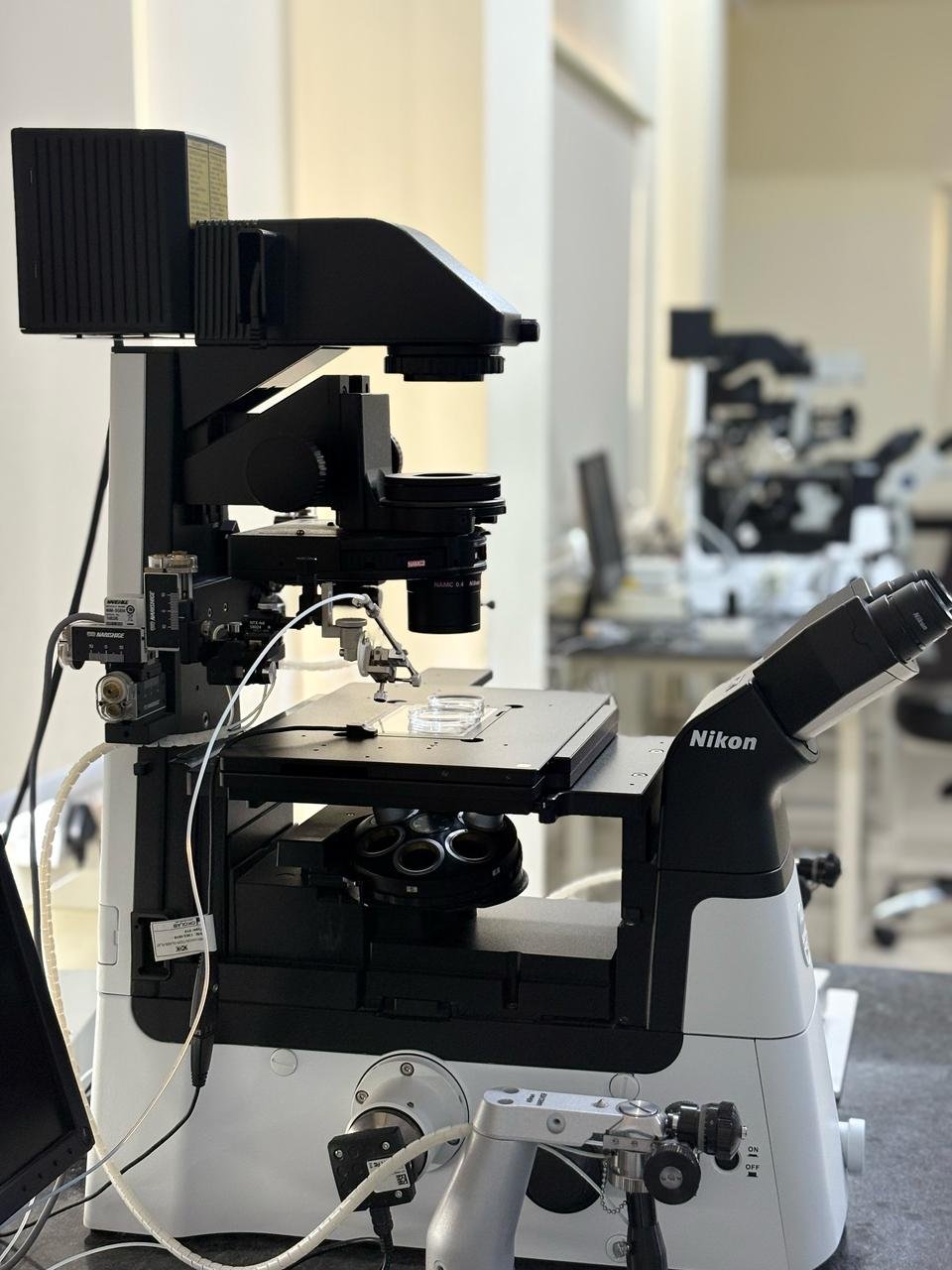

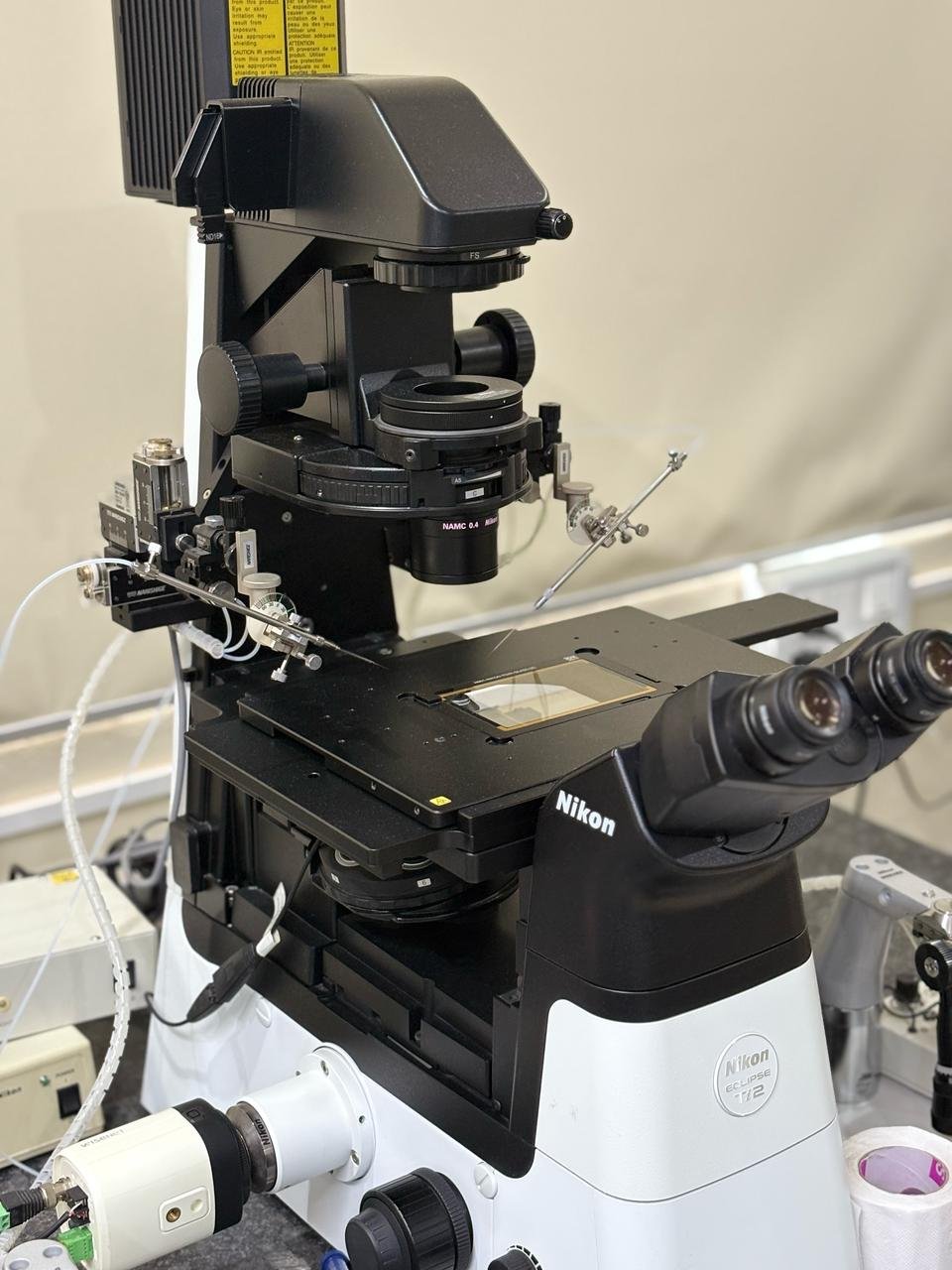

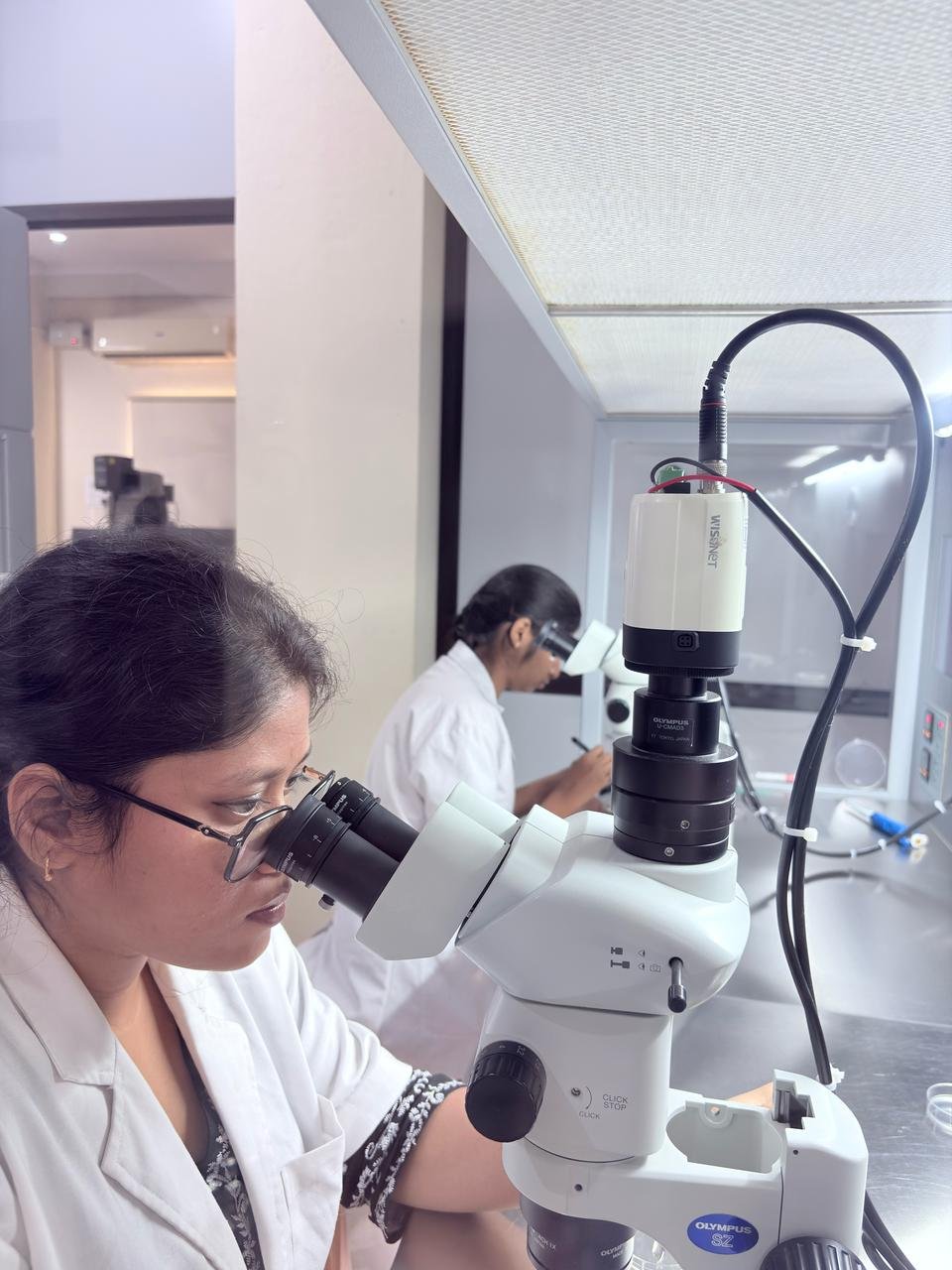

Requirements
Eligibility:
– Graduates from any UGC-recognized university in the following fields are eligible:
–B.Sc., MBBS, BDS, BAMS, BHMS, B.Pharm, Nursing, BVSc, Fishery, Dairy Science, and Engineering in Biotechnology or Life Sciences
–Foreign degrees must be approved by the Equivalence Committee
– Minimum of 50% marks required
Program Duration:
– 2 years (4 semesters), including
– Theory and practical exams each semester
– A final semester research project
Key Learning Outcomes:
– Mastery of IVF lab workflows and ART regulations
–Proficiency in sperm function tests, oocyte handling, embryo culture, ICSI, vitrification, and embryo biopsy
–Research training and scientific publication experience
Frequently Asked Questions (FAQs)
1. What is the duration of the M.Sc in Clinical Embryology & Pre-Implantation Genetics program?
The program is a full-time 2-year postgraduate course.
2. What are the eligibility criteria for admission to this course?
Candidates must have a Bachelor’s degree in Life Sciences, Biotechnology, Microbiology, Biochemistry, Zoology, or a related discipline with a minimum of 50% aggregate marks.
3. Is there an entrance exam for admission?
Yes, eligible applicants will be required to appear for the Aspier Entrance Test followed by a personal interview.
4. How do I apply for the course?
You can apply online through the Aspier website by filling out the application form and uploading the required documents.
5. What documents are required during the admission process?
You will need:
- Degree/Provisional certificate of qualifying exam
- Mark sheets of all semesters
- ID proof (Aadhar/Passport)
- Recent passport-size photo
- Entrance test scorecard (if applicable)
6. When does the academic session usually begin?
The academic session typically starts in August, but it is advisable to check the website for the exact dates each year.
7. Is the course affiliated or recognized by any university?
Yes, the course is offered in collaboration with a reputed university and follows university-recognized curriculum standards. Please refer to the website or contact admissions for specific affiliation details.
8. Does the course offer practical training or internships?
Yes, the program includes intensive hands-on training and clinical internships at IVF and genetics labs to ensure practical exposure.
9. What is the total course fee?
The course fee details are provided during the counseling or admission process. You may contact the admission office for the latest fee structure.
10. Are scholarships or financial aid available?
Meritorious students may be eligible for scholarships. Please contact the admissions team for information on available financial support.
11. Is there a hostel or accommodation facility?
Yes, limited hostel facilities are available on a first-come, first-served basis.
12. What are the career opportunities after completing this course?
Graduates can work as Clinical Embryologists, Genetic Counselors, Research Scientists, or in Assisted Reproductive Technology (ART) labs and fertility clinics.
13. Can international students apply for this course?
Yes, international candidates with equivalent qualifications can apply. They must ensure all academic documents are attested and verified.
14. Whom should I contact for more information regarding admissions?
You can reach out to the Aspier Admissions Office via the contact form on the website or call the helpline number mentioned on the course page.
15. What is the average salary after completing this course?
Fresh graduates can expect a starting salary ranging from ₹4 to ₹7 lakhs per annum, depending on the role and organization. With experience, salaries can go beyond ₹10–15 LPA, especially in leading IVF centers and hospitals.
16. Which industries hire Clinical Embryologists and Genetics professionals?
Major recruiters include:
- IVF & Fertility Clinics
- Multispecialty Hospitals
- Genetic Testing Labs
- ART (Assisted Reproductive Technology) Centres
- Research Institutions
- Biotech and Pharma companies
17. What are the top job roles after this course?
- Clinical Embryologist
- Embryology Lab Manager
- IVF Lab Technician
- Genetic Counselor
- Research Scientist
- Lab Quality Analyst
- ART Consultant
18. Are there opportunities to work abroad after completing this course?
Yes, the demand for embryologists and genetic professionals is high globally. Graduates can pursue certifications and licensing to work in countries like the UK, USA, Australia, Canada, and the Middle East.
19. Can I start my own IVF lab or consultancy after this course?
With experience and the right certifications, yes. This course builds foundational and practical knowledge required to start or manage IVF labs or genetic counseling centers.
20. Does the program offer placement support?
Yes, Aspier has placement assistance and tie-ups with IVF centers, hospitals, and biotech companies to help students find suitable career opportunities after the course.
Research & Higher Education FAQs
21. Is this course suitable for a research or academic career?
Definitely. The course is designed with a strong research component. Graduates can pursue Ph.D. programs or enter research positions in reproductive biology, genetics, and embryology.
22. Are there research opportunities available during or after the course?
Yes. Students are encouraged to undertake research projects during the course and may also get opportunities to publish papers, attend conferences, or collaborate on ongoing research in affiliated institutions.
23. Can I pursue further studies after this M.Sc program?
Yes. You can go for:
- Ph.D. in Clinical Embryology, Reproductive Biology, or Genetics
- Fellowship programs in ART or Human Embryology
- Certification courses for international licensure (ESHRE, ASRM, etc.)
24. Does the curriculum include training for research methodology and publication?
Yes. The course includes modules on scientific writing, research methodology, biostatistics, and lab documentation, equipping students for both academic and industry research.
25. Are there collaborations with research institutes or hospitals for practical exposure?
Yes, Aspier collaborates with reputed IVF clinics and diagnostic labs for hands-on clinical training and live case studies, enhancing both clinical and research competencies.
